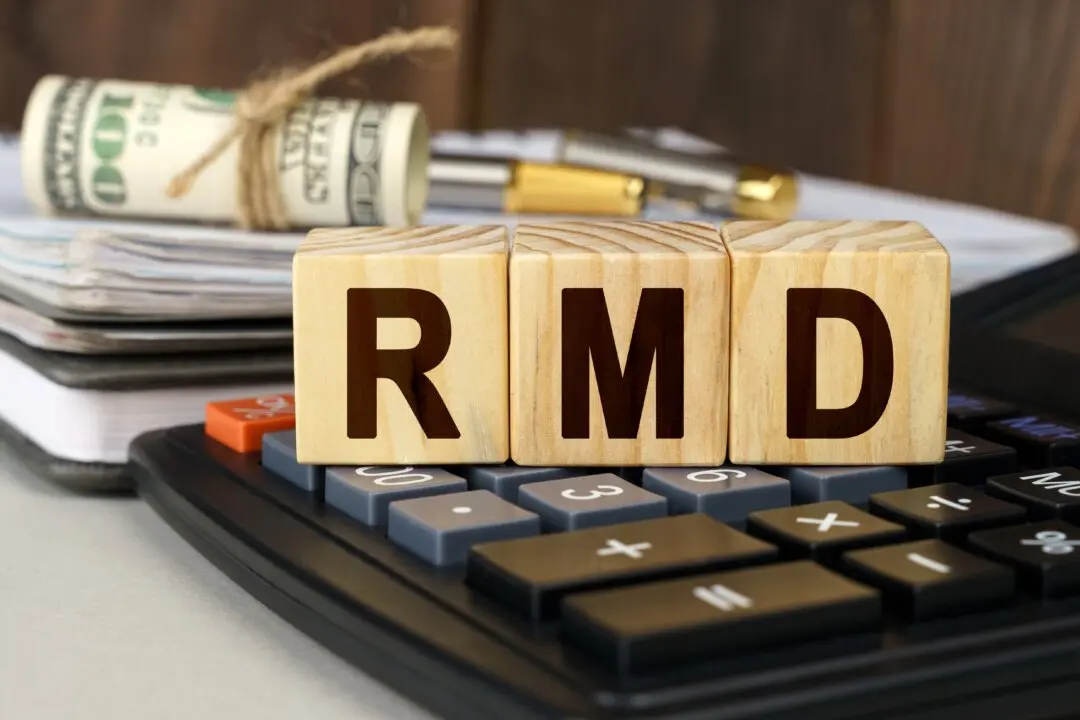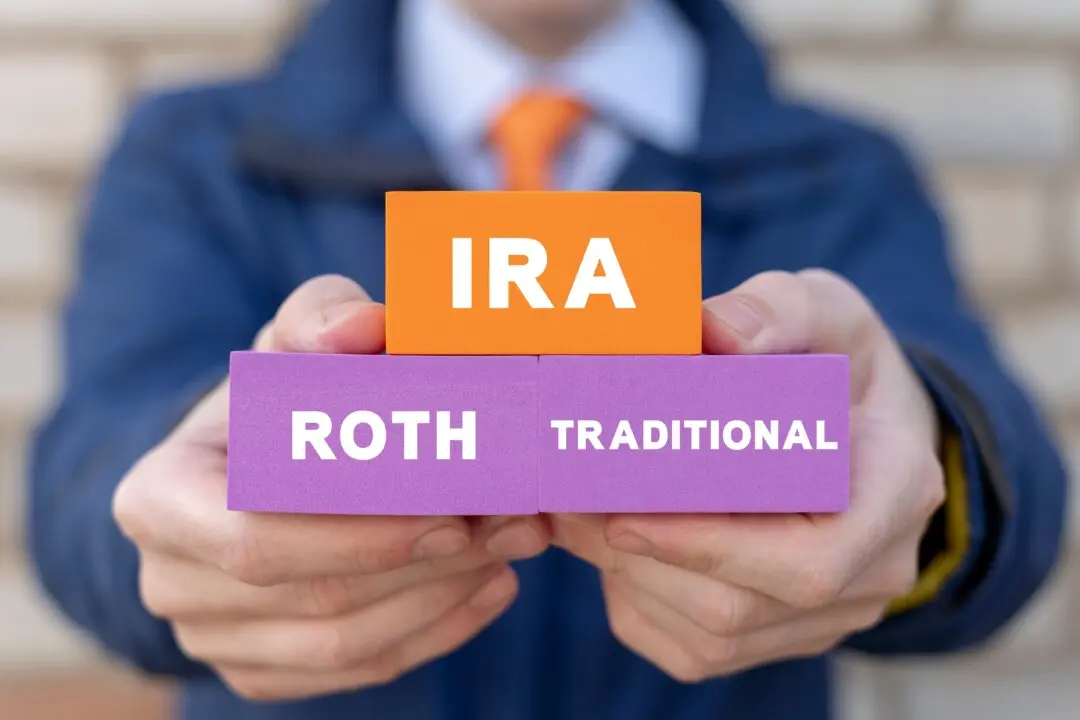The average American pays plenty of taxes over a lifetime. But Uncle Sam even wants a cut after we die. That cut is called the estate tax—often referred to as the “death tax.”
The good news is that most people won’t owe any estate taxes. One of the reasons for that is the lifetime gift/estate tax exemption, a threshold that makes the death tax a non-issue for many of us. For 2025, the lifetime estate tax exemption is set at $13.99 million. Estate taxes are levied only on assets that exceed that amount after an individual’s death.






